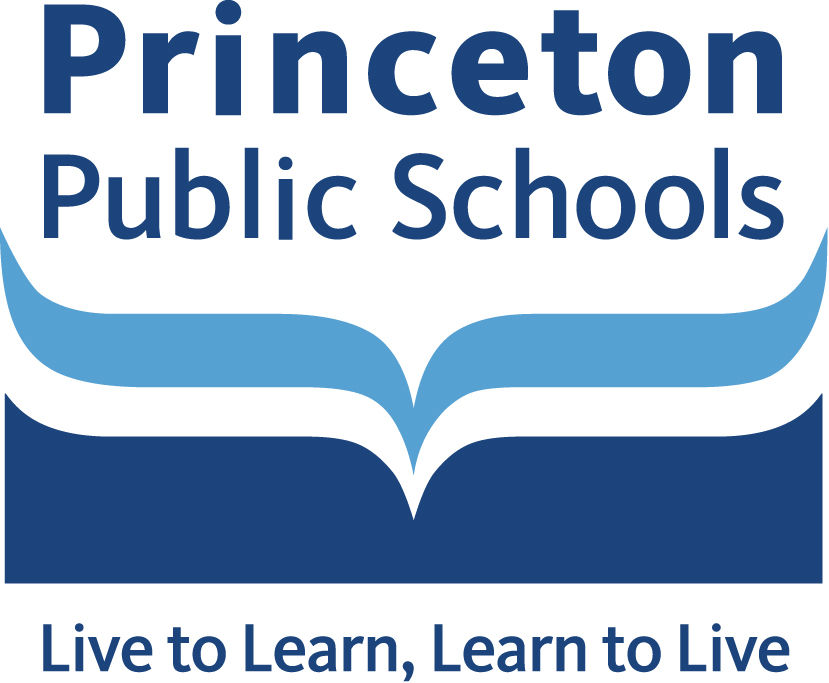By Erica Chayes Wida, Packet Media
Some local fears about the well being of its immigrant community permeated Princeton after the presidential election in November. Since then, the already proactive and welcoming municipality and school district, has increased its efforts to educate and alleviate fears for any non-residents, whether adults or children., This includes a recent development at Princeton High School to help immigrant children cope with adapting, past hardships, and future apprehensions. Gloria Lopez-Henriquez, a therapist at Princeton Family Institute, has led two group sessions at PHS with 15 of the 18 immigrant students — a program the school district expects to continue as an ongoing resource., Ms. Lopez-Henriquez most often works with families and couples. She has worked for many years in schools in New York City and New Jersey. She finds schools to be a natural setting for kids to be able to discuss their issues., “It was so approachable for mental health. I think the school should be the center of the community,” she said., The immigrant community in Princeton is a diverse one. The town’s multi-faceted accommodations and employment opportunities draw a mix of different individuals from different areas, whether they are in the United States in hopes of creating a better life than the one they left behind or if they come here as scholars for the Institute for Advanced Study or Princeton University., According to Ms. Lopez-Henriquez, some children come with their parents at a young age, or with only one member of their family, and some come with no family at all. Often these youth travel with groups of others to get away from the circumstances they were born into, and enroll into the public schools and must survive on their own. It is these situations that often cause traumatic impacts on the students as they recover from a sometimes rough journey across borders and challenging adjustment once they arrive., “Many of the children who travel from South and Central America through Mexico are then put into shelters where they wait for a hearing from the court. At this time, they are in care of the state — in this case, New Jersey. The state tells them they need to enroll in school, taking care of the medical needs, and have a little job. Up to a point, the state has some kind of control over those children,” Ms. Lopez-Henriquez said. “But in terms of what will happen with immigration status, they don’t know. Many of their statuses are still undetermined as they go to high school every day.”, Ms. Lopez-Henriquez shared how one student told the group during therapy how it took four tumultuous and difficult months for him to make his way to Princeton., “Many of them are not just running from difficult economic circumstances, but many of them from violence. Someone has threatened their family or killed someone they love. By coming here, they are fighting for their life. They are refugees,” she said., The therapy sessions are focused on helping the teens deal with their pasts and become acculturated. To initiate the healing process, she goes back and forth between having the children recall personal memories that are raw and close to them, and pulls the dialogue away a bit to help them connect to more positive things, for example, the strength they possess and have gained., “It’s about putting more light in their strengths rather than the deficits. I keep an eye on where the kids are and what they may have gone through. It’s about keeping a balance — how to go to the traumas and then come back,” Ms. Lopez-Henriquez said., She leads the sessions in Spanish and uses some English, since most of the students do not speak fluently. She also hopes to extend the therapy services to the lower schools, but explained it would be a much different process., “The whole thing is about making the kids feel a little safer. Working with younger children is much different. Parents and teachers need to protect their kids from all the news, because they do not always need to know,” she said. “But it is also very important to have a safety plan in place in case something does happen if their parents are not home — to let the little kids know they are not by themselves and that there is always an adult that can be there for them.”, After the presidential election, the high school reached out to Ms. Lopez-Henriquez because there was a tangible fear in the school environment about deportation and safety. She is finding further interest from the elementary and middle schools and is looking forward to helping as many students as she can., “I am very excited and very impressed what the Princeton school system is doing,” Ms. Lopez-Henriquez said. “It’s a wonderful thing that in this social and political climate, people are thinking ‘how can we protect the children.’ It’s incredible to see and watch. Instead of giving up hope they’re saying ‘what can we do?’ ”

